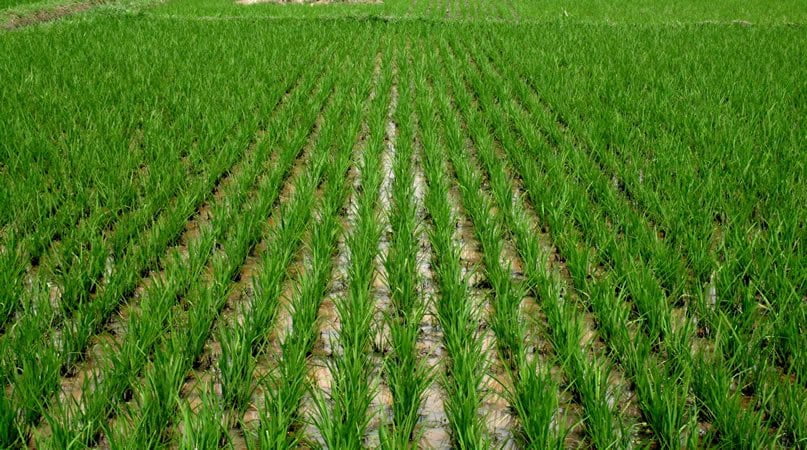The forthcoming Conference of the Parties (COP 29) will likely be dominated by debate on the effects of climate change. The indication emerged at a webinar titled “The Emission Gaps and the Road to COP 29”, where environmental experts and activists participated.
For instance, the Health of Mother Earth Foundation (HOMEF) sounded the alarm, calling for radical reforms and decisive climate action as the conference approaches.
The webinar, which also featured public interest lawyers discussed pressing climate policy issues.
Speakers highlighted the shortcomings of COP’s voluntary emission targets, known as Nationally Determined Contributions (NDCs), which they claimed are pushing the world toward catastrophic temperature increases.
Ruth Nyambura, African ecofeminist, emphasised that the emissions gap represents ongoing injustices, including wars, inequality, and human rights abuses, driven by the fossil fuel industry and military-industrial complex.
Panelists, however, urged for the decentralised climate policy to meet the real needs of frontline communities, as well as Climate reparations in the form of grants, not loans, to address historical carbon debt.
They also called for accountability in climate finance, technology transfer, and addressing loss and damage.
Fadhel Kaboub, an economist, advocated for climate reparations to finance Africa’s renewable energy and food sovereignty initiatives.
While Thuli Makama, a public interest attorney, urged civil society to resist co-optation and invest in counter-COP forums.
On his part, Nnimmo Bassey, HOMEF’s Director, stressed that fossil fuel interests must be held accountable for their contribution to the climate crisis.
“The COP process has prioritised market-based solutions that do not address the systemic causes of emissions, such as extractive capitalism and entrenched global power structures,” Bassey said.
However, HOMEF and panelists called for a global resistance movement to unite feminists, labour unions, indigenous communities, and environmental activists to challenge structures perpetuating climate injustice.
He insisted that as COP 29 approaches, African leaders must stand against fossil fuel exploitation and demand transformative policies.












